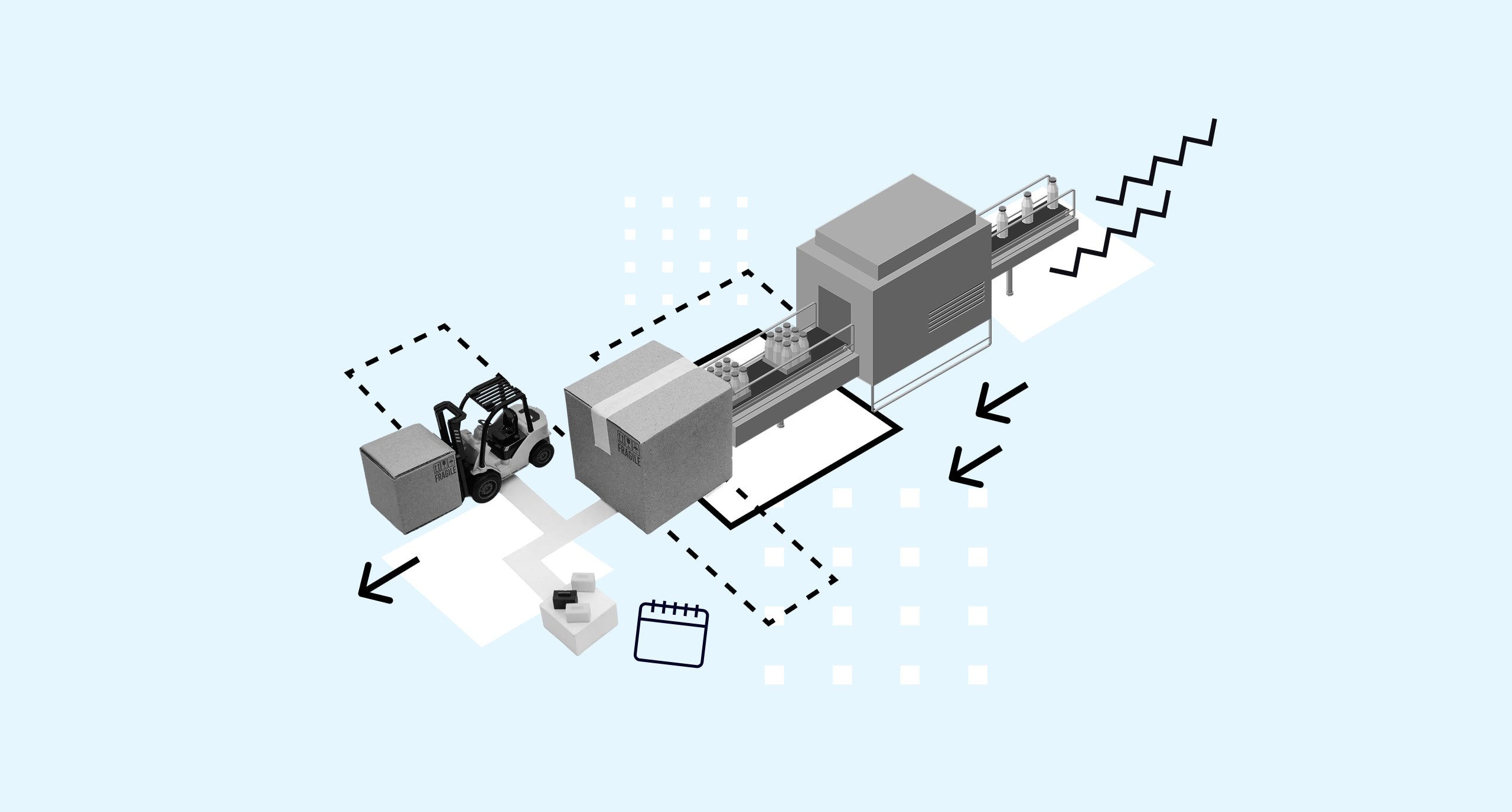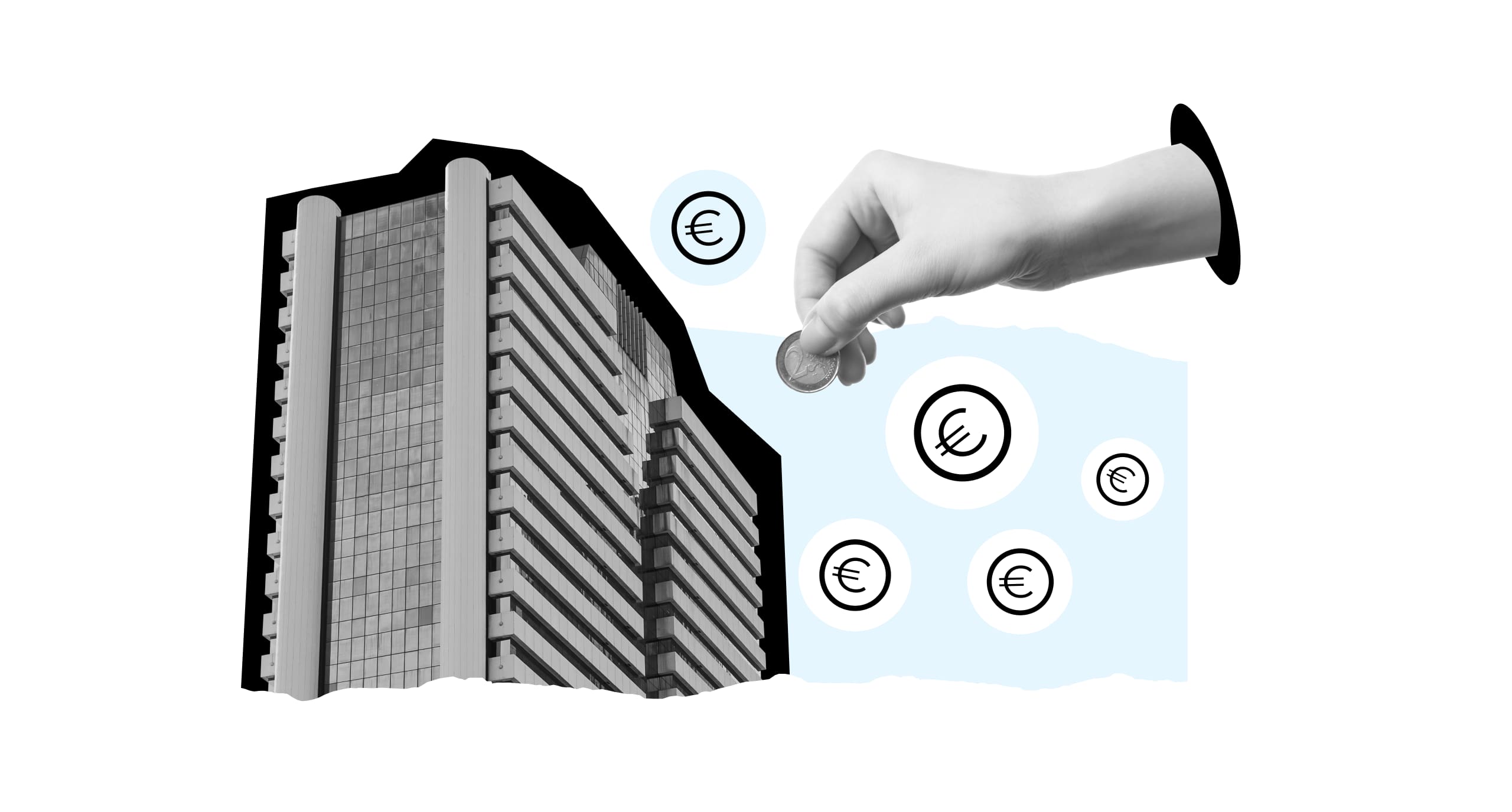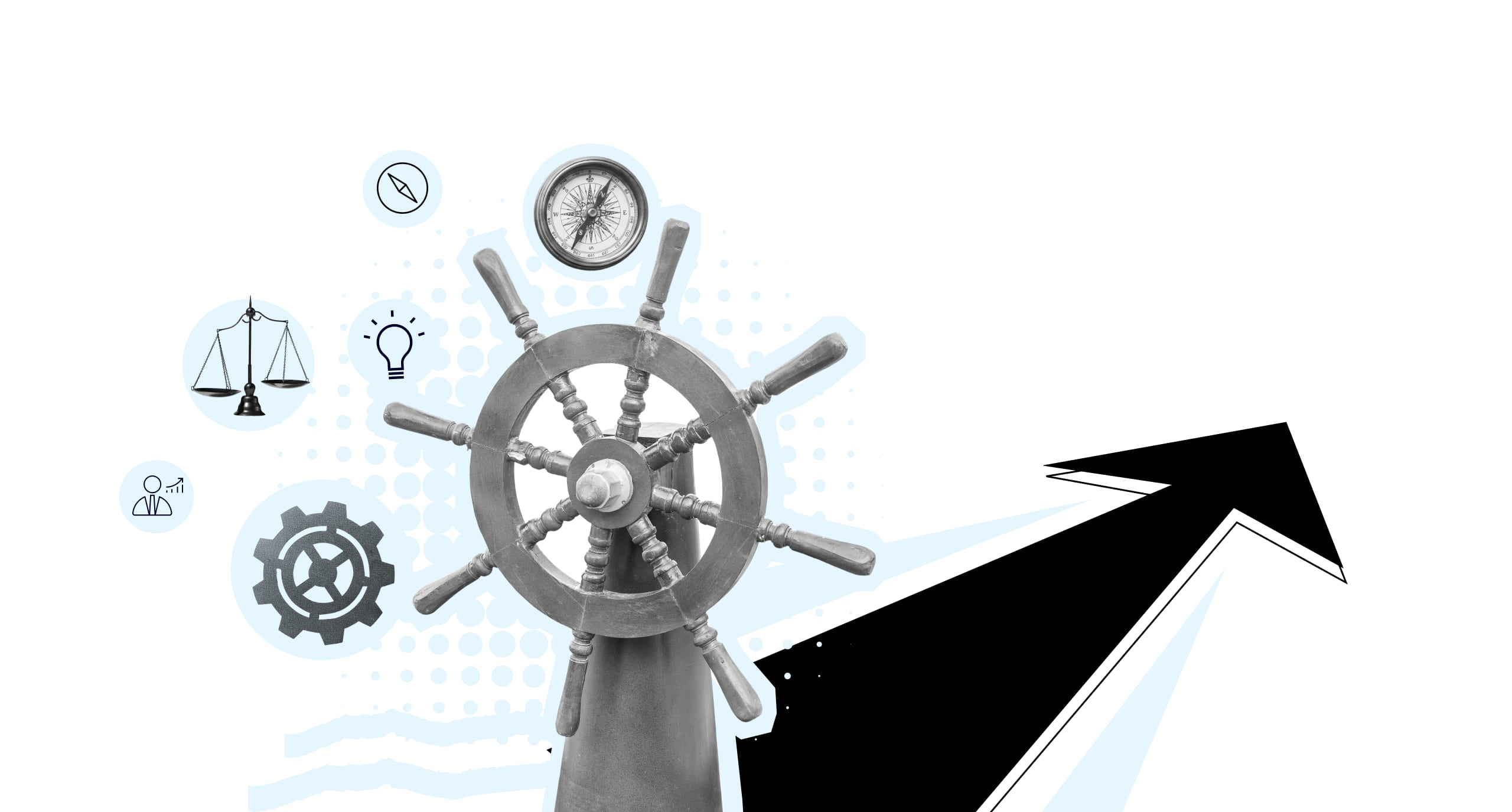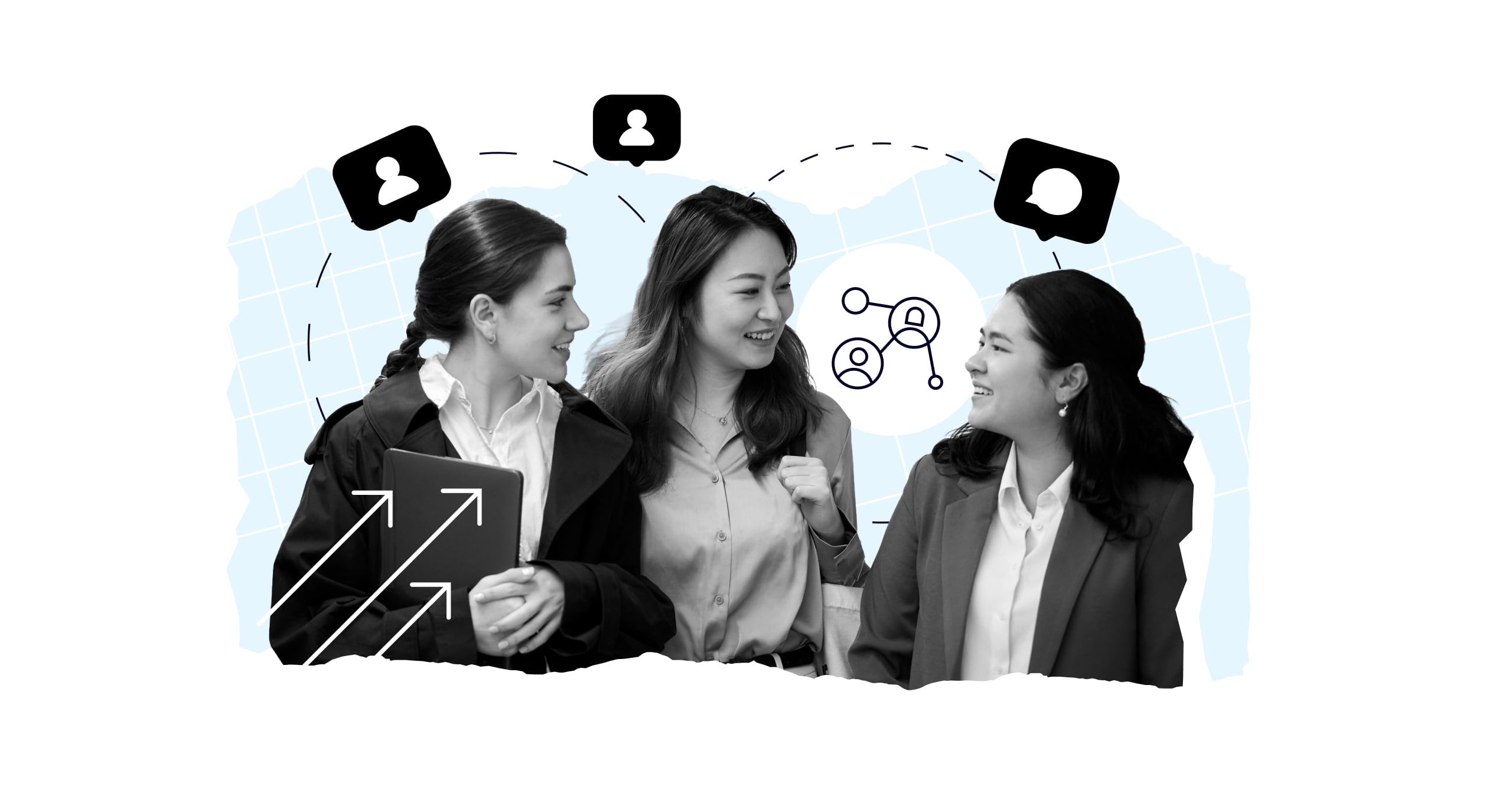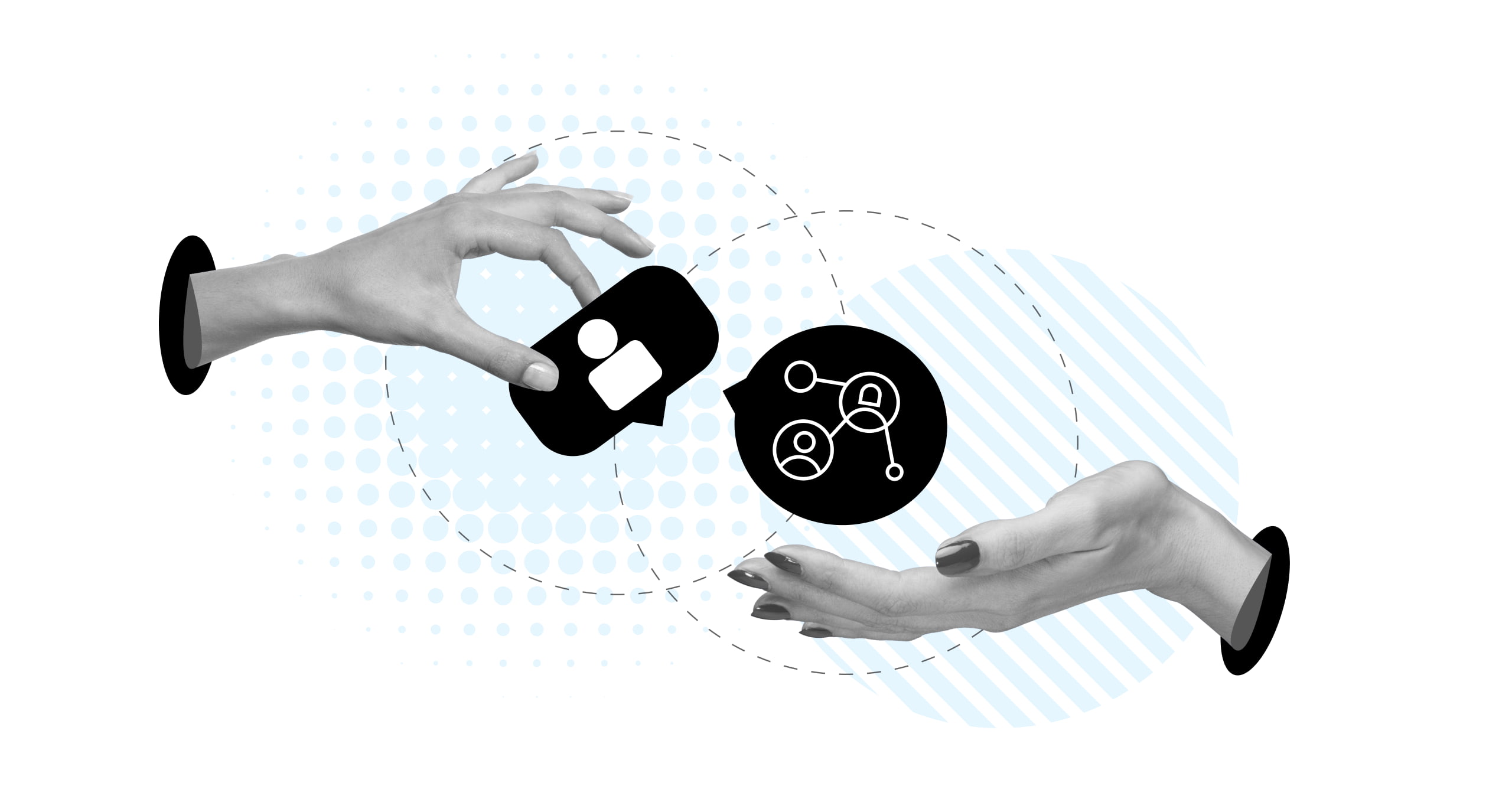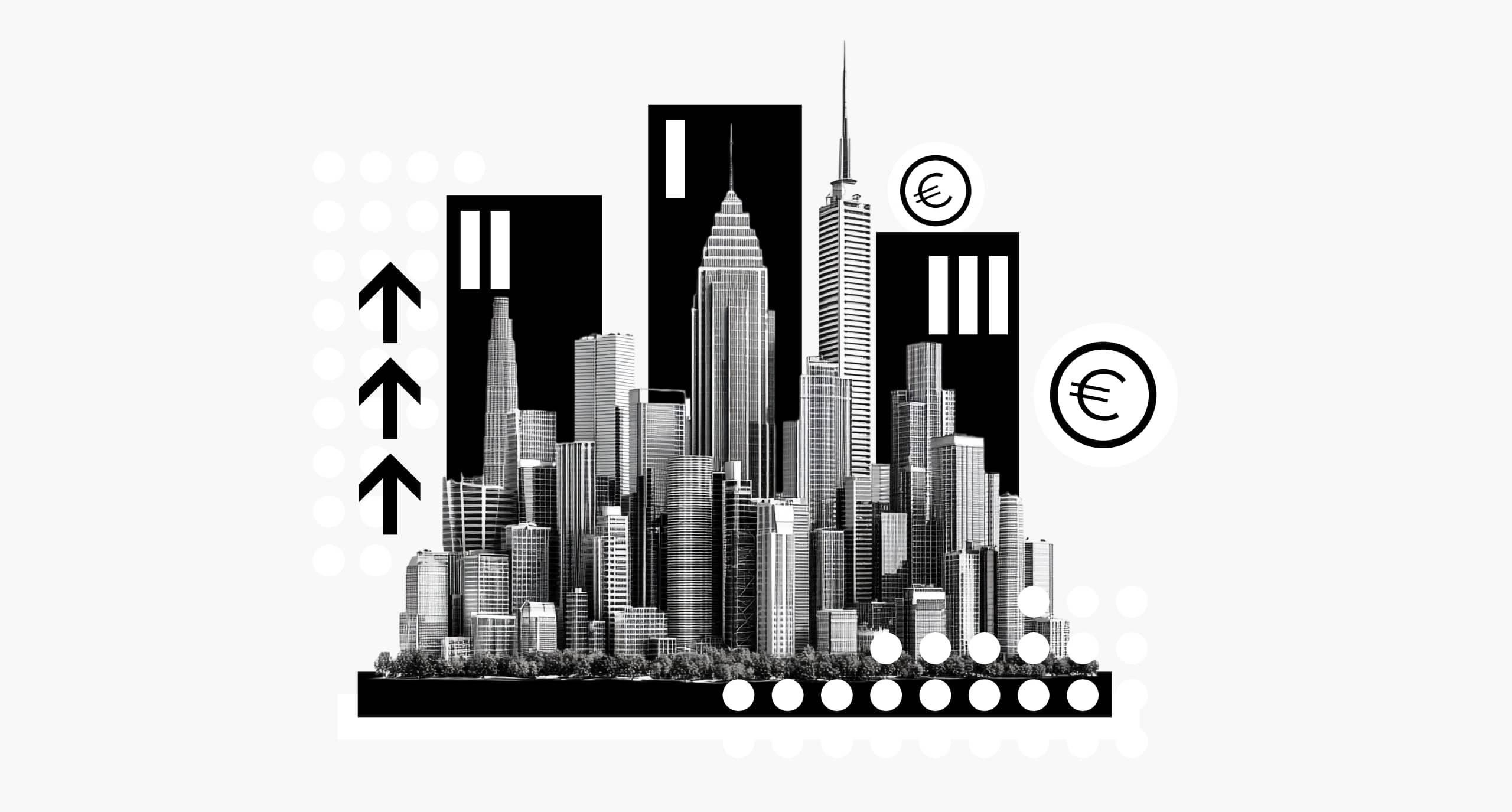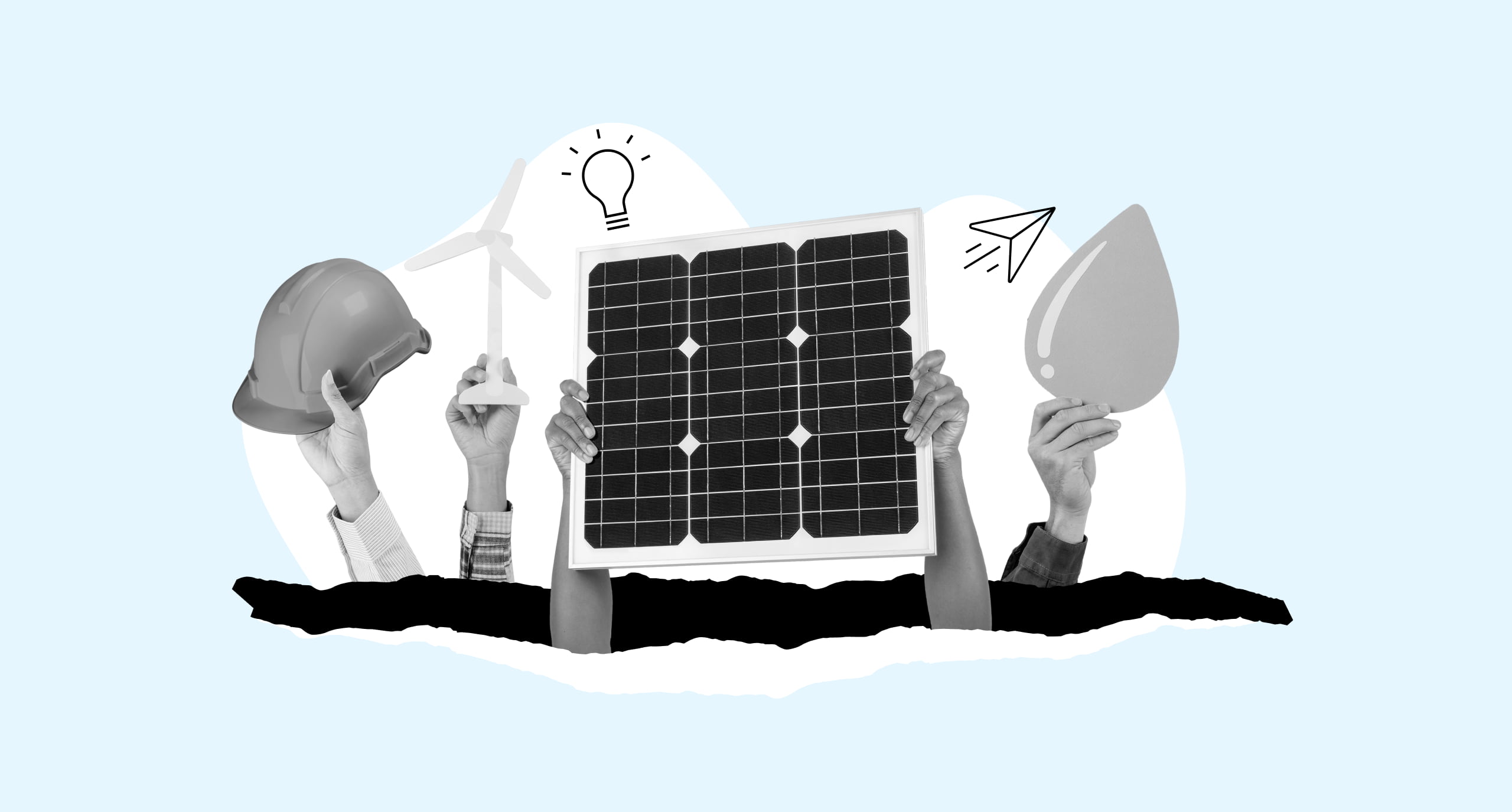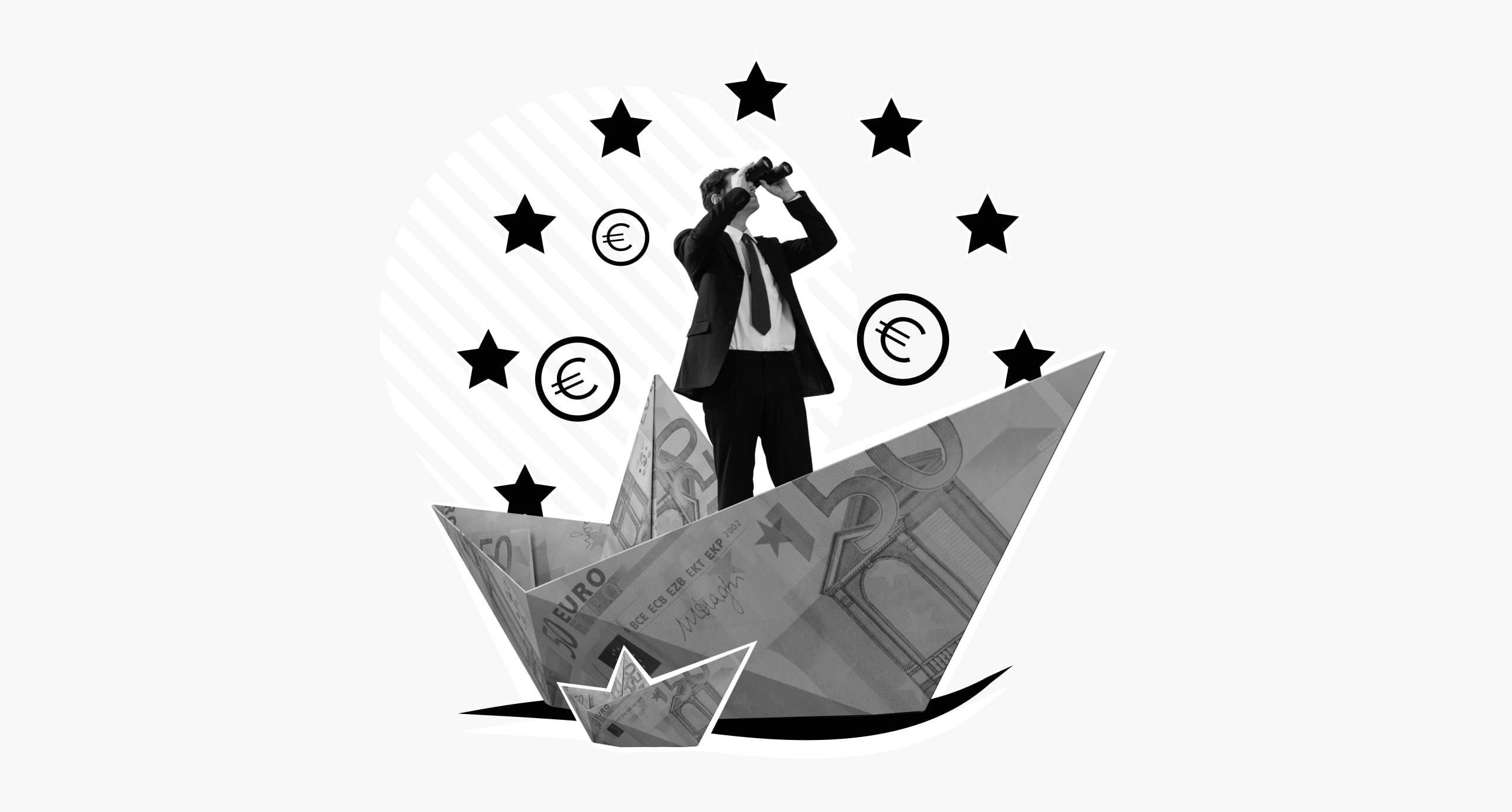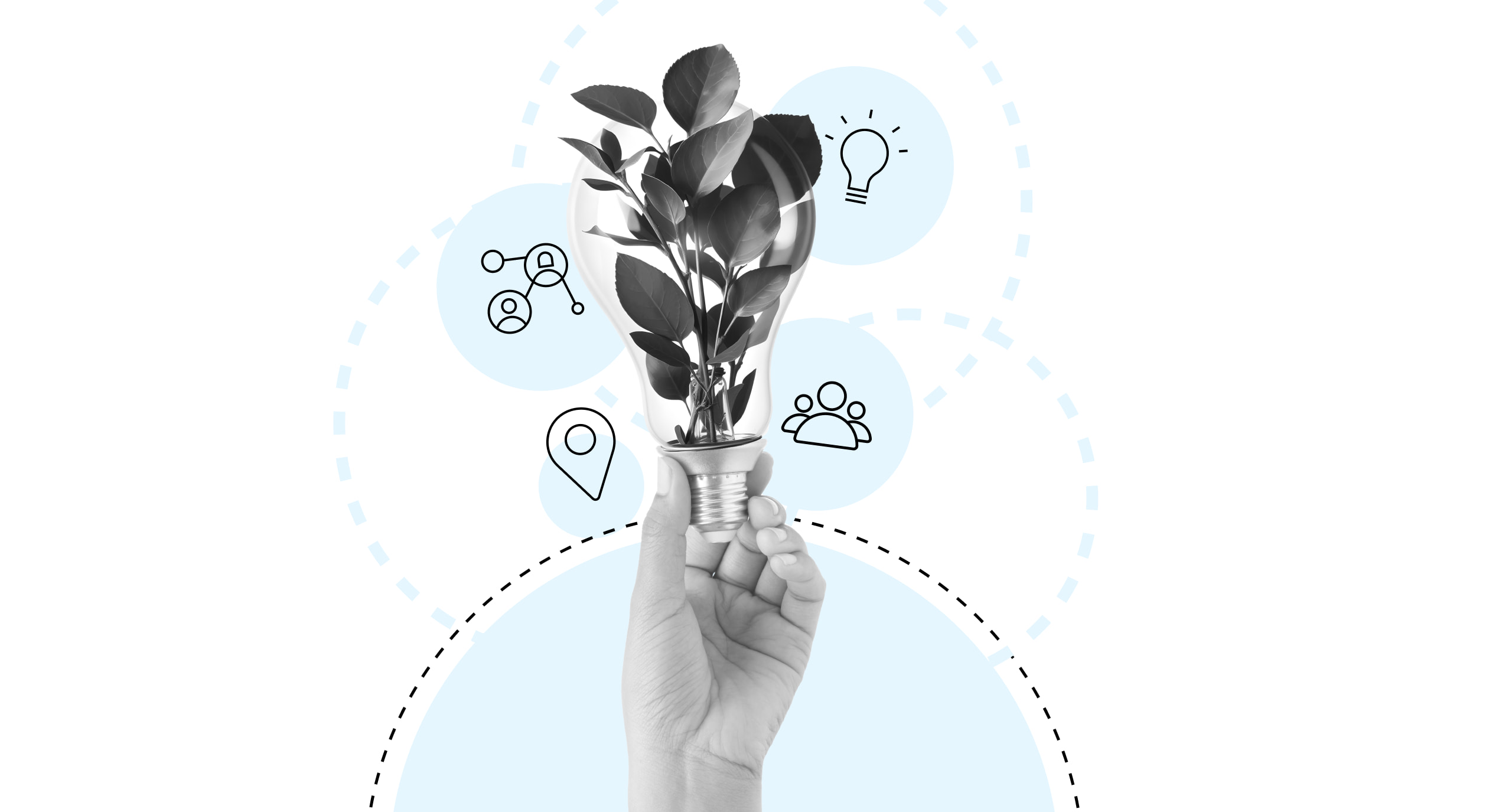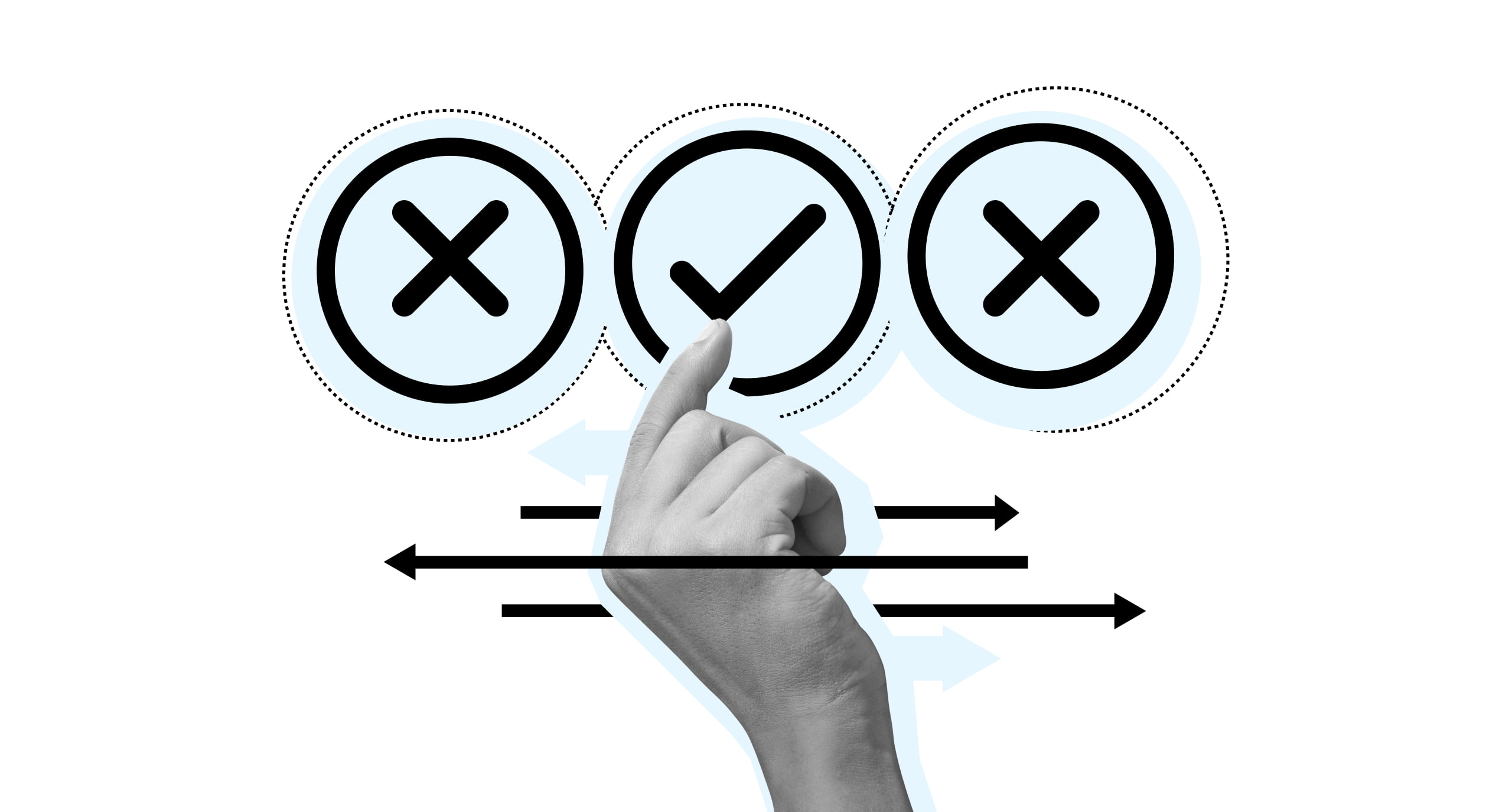Executives and entrepreneurs need to have a finger on the pulse of the world. So when our Executive Master in Digital Transformation & Innovation Leadership cohort got a chance to see how Shanghai business works up close, they jumped in feet-first. The unique immersion experience was the perfect chance to understand what’s currently fueling innovation—while building strategic networks in one of the world’s biggest emerging economies.
We spoke to Ricardo Sainz, Global Director of Digital Health Solutions, and Nathalie Steck, Co-Founder and Chief Sales and Marketing Officer at yanopurna, and Oleg Elchenko, an independent Lead Tax Lawyer, to get an inside look at their transformative experiences during Global Immersion Week.
The value of firsthand experience
When it comes to leadership, firsthand knowledge can make all the difference. It can help leaders connect with their customers to craft products, services or strategies that work. It also makes a difference inside the company: studies show that employees who trust their leader’s real-world expertise are 14 times more productive and engaged at work.
The Executive Master in Digital Transformation & Innovation Leadership understands the importance of immersive learning. As a blended program, it combines online education with week-long residential periods, allowing you to improve your leadership in real time. These face-to-face sessions don’t just help participants bond; they foster network-building, knowledge exchange, peer-to-peer learning and strategic insights into countries and business areas beyond your own.
These residential weeks take place in Madrid and another international destination. This year, Global Immersion Week took participants to Shanghai, where business leaders came together to gain valuable practical experiences in the field. The trip builds firsthand, global knowledge through visits to top companies and meetings with local experts in various industries.
Lessons from the private and public sectors
“My key takeaway was recognizing the stark contrast between preconceived notions about China and the everyday reality of its people,” Ricardo says. The first thing our participants noticed in Shanghai was just how “cosmopolitan, vibrant and innovative” the city truly is. It’s a place where spirituality, deep tradition and cutting-edge technology coexist in harmony, creating a captivating landscape unlike anywhere else.
“Engaging with diverse cultures requires sensitivity and respect,” Ricardo Sainz.
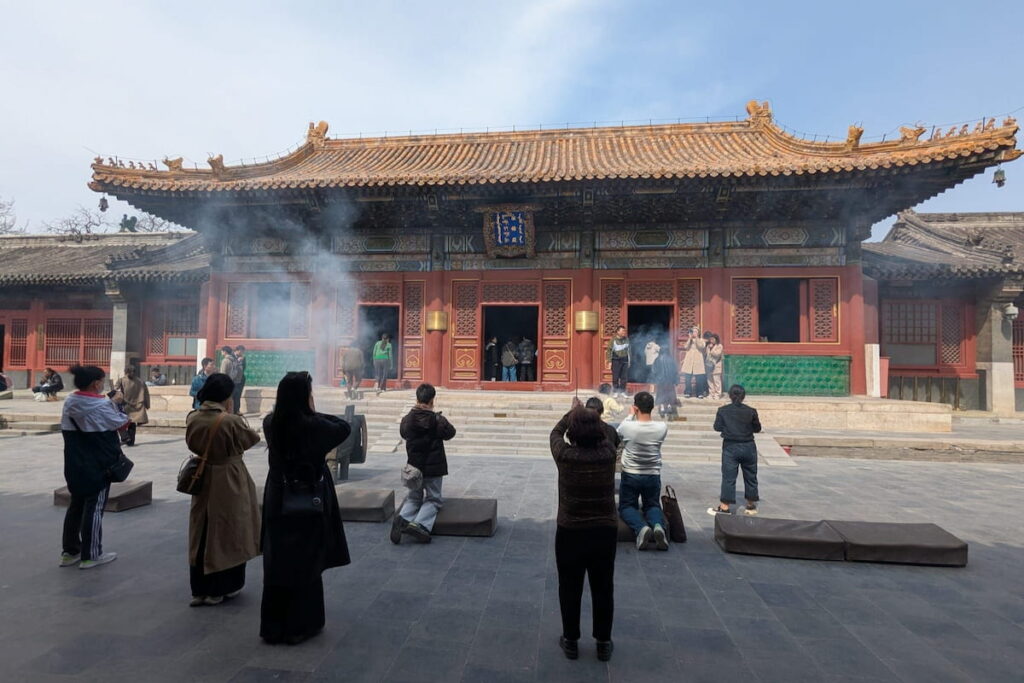
Besides its rich culture, Shanghai is a city that never sleeps. According to the latest numbers, it attracted over 6,000 foreign businesses in 2023 alone, including multinational headquarters and R&D firms. That’s not even counting the home-grown companies thriving in this 24/7 economy that only continues to grow.
Global Immersion Week participants visited several local enterprises to gain insight into Shanghai’s business landscape, including:
Haifu Medical Technology Co., Ltd.: A leading manufacturer developing non-invasive ultrasound therapeutic systems for treating cancers
NIO Inc.: A smart electric vehicle (EV) company disrupting the game with next-generation technologies like battery swapping, autonomous driving and digital experiences
Jiaxing Municipal People’s Government: A nearby city, only 40 minutes away from Shanghai by bullet train, that’s home to the booming Jiaxing Economic & Technological Development Zone
They learned that while private investment is a big driver of economic growth, the public sector still has a vital role to play. As Ricardo explains, “I witnessed how the concerted efforts of public and private enterprises can coalesce to improve people’s lives.” Whether through regulations, policy action or initiatives like the Jiaxing Economic & Technological Development Zone, public-private partnerships might just be the key to sustainable business development.
“One of the most striking insights was how the country operates as a centrally governed ecosystem where strategically important projects can scale with lightning speed,” says Oleg. “This rapid development is powered by an immense flow of data circulating within the system and supported by a tightly connected collaborative network—led above all by the government.”
“Much of what I previously knew about China was shaped by books, articles, and media. But as the saying goes, “One look is worth a thousand words.” Now, I can say I’ve not only read or heard about China—I’ve seen it firsthand,” Oleg Elchenko.
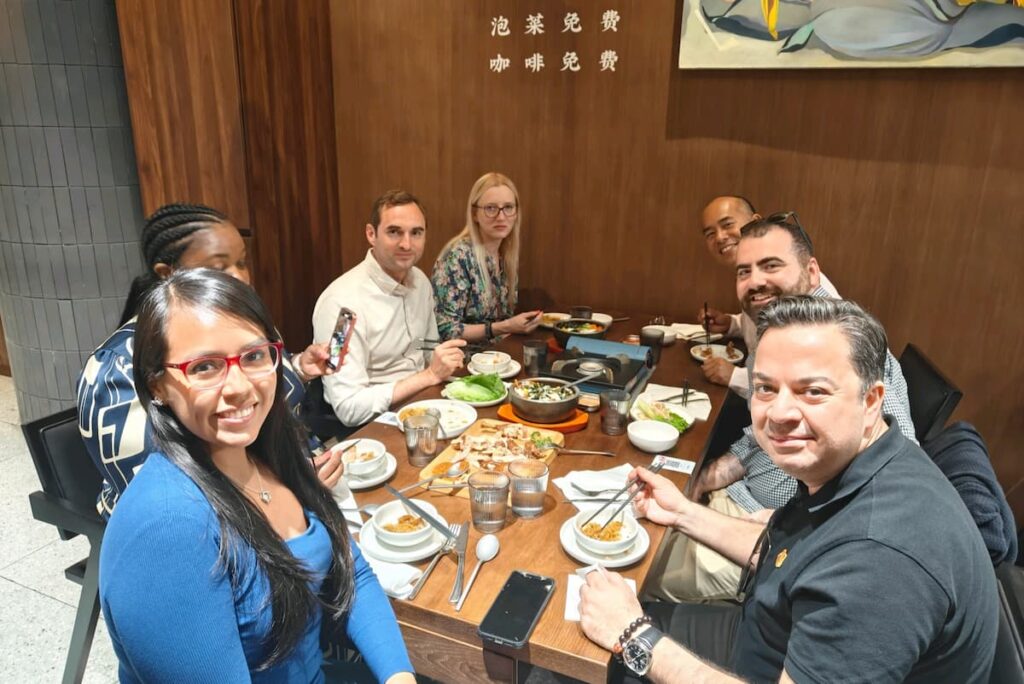
Is data the new oil?
After receiving IE Business School’s Blue Torch Award, Nathalie wasn’t sure any experience would come close to topping her win. But the entrepreneur and ex-Googler says that Global Immersion Week really enriched her innovation mindset. “The Chinese approach to innovation—learning and improving with pride—allows them to develop products faster and cheaper than many Western counterparts.”
“Just as oil was crucial for industrial development, data is now essential for technological advancements,” Nathalie Steck.
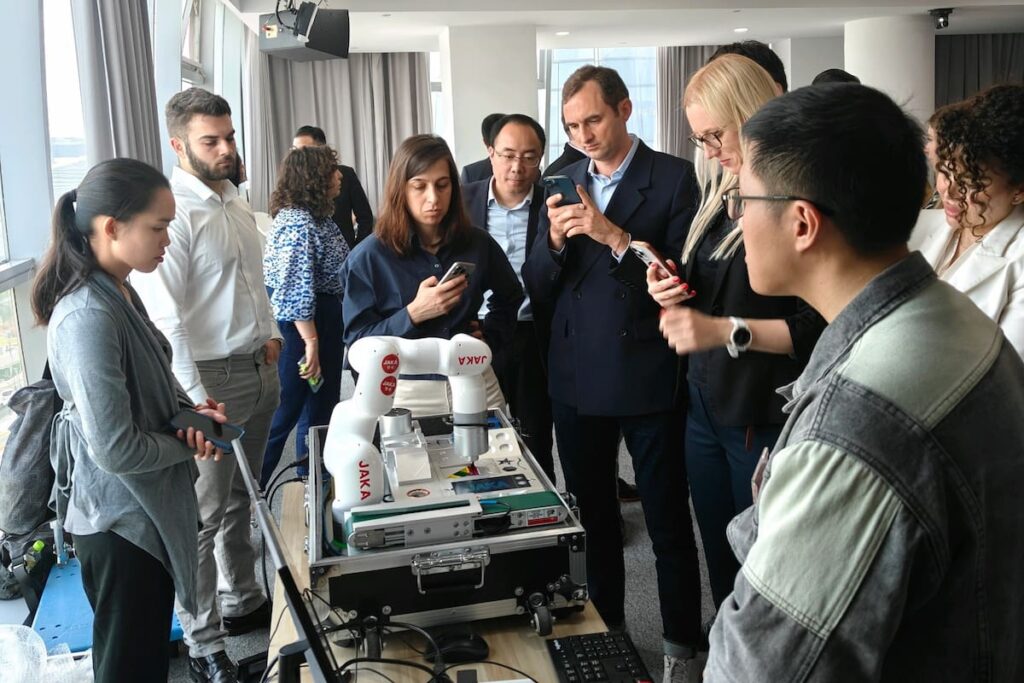
However, she doesn’t discount the fact that the country’s vast population gives it a significant competitive advantage in this regard, especially when it comes to data collection and use. “Just as oil was crucial for industrial development, data is now essential for technological advancements,” she explains.
Oleg was similarly impressed by China’s commitment to innovation. “A country’s economy cannot thrive without a well-developed logistics infrastructure—and this point was consistently emphasized throughout the week,” he says. “Whether it was a presentation by municipal government officials or a visit to a high-tech park, logistical connectivity was always one of the first topics addressed.”
The value of these huge data sets is already clear in AI innovation and the development of safer autonomous vehicles.
What’s innovation trends are appearing in Shanghai business?
Nathalie particularly enjoyed the visit to NIO and testing out the company’s revolutionary battery swapping technology firsthand. Although each participant had their own highlight from Global Immersion Week, there were a few lessons that truly stood out:
1. Chinese brands are becoming increasingly popular in households across the world. “And with 700 million middle-class consumers projected by 2030, China’s global footprint will only deepen,” says Nathalie. As a result, more companies could find new growth opportunities here.
2. Local businesses have perfected the “high tech at low cost” concept, which is a game-changing development. This provides a blueprint for other innovators who want to launch disruptions fast and at scale.
3. The introduction of tariffs might shift innovation centers to BRICS nations and the Global South, and both local businesses and foreign companies are already gearing up for these changes.
4. China is producing transformative and innovative products. For example, High-Intensity Focused Ultrasound (HIFU) machines will transform how physicians approach the treatment of solid tumors. HIFU technology offers less invasive treatment options than traditional surgery and radiation, and it’s showing great promise in addressing localized prostate cancer.
5. In another example of innovative production, it became clear that smart EVs are the future of mobility. But a new approach is needed to improve user experience. In China, battery swapping stations are changing how EV drivers charge their vehicles, leading to less time lost at regular charging stations.
Cementing professional futures
Building real-world experience, regional insights and global networks is the only way modern executives can lead effectively. Executive Master in Digital Transformation & Innovation Leadership participants develop these essential skills thanks to initiatives like Global Immersion Week.
From Shanghai business trips to innovative learning, join us at IE Business School
Find out how the Executive Master in Digital Transformation & Innovation Leadership prepares you to think globally and stay a step ahead of the rest.

Benjamin is the editor of Uncover IE. His writing is featured in the LAMDA Verse and Prose Anthology Vol. 19, The Primer and Moonflake Press. Benjamin provided translation for “FalseStuff: La Muerte de las Musas”, winner of Best Theatre Show at the Max Awards 2024.
Benjamin was shortlisted for the Bristol Old Vic Open Sessions 2016 and the Alpine Fellowship Writing Prize 2023.

